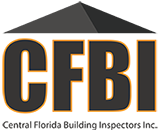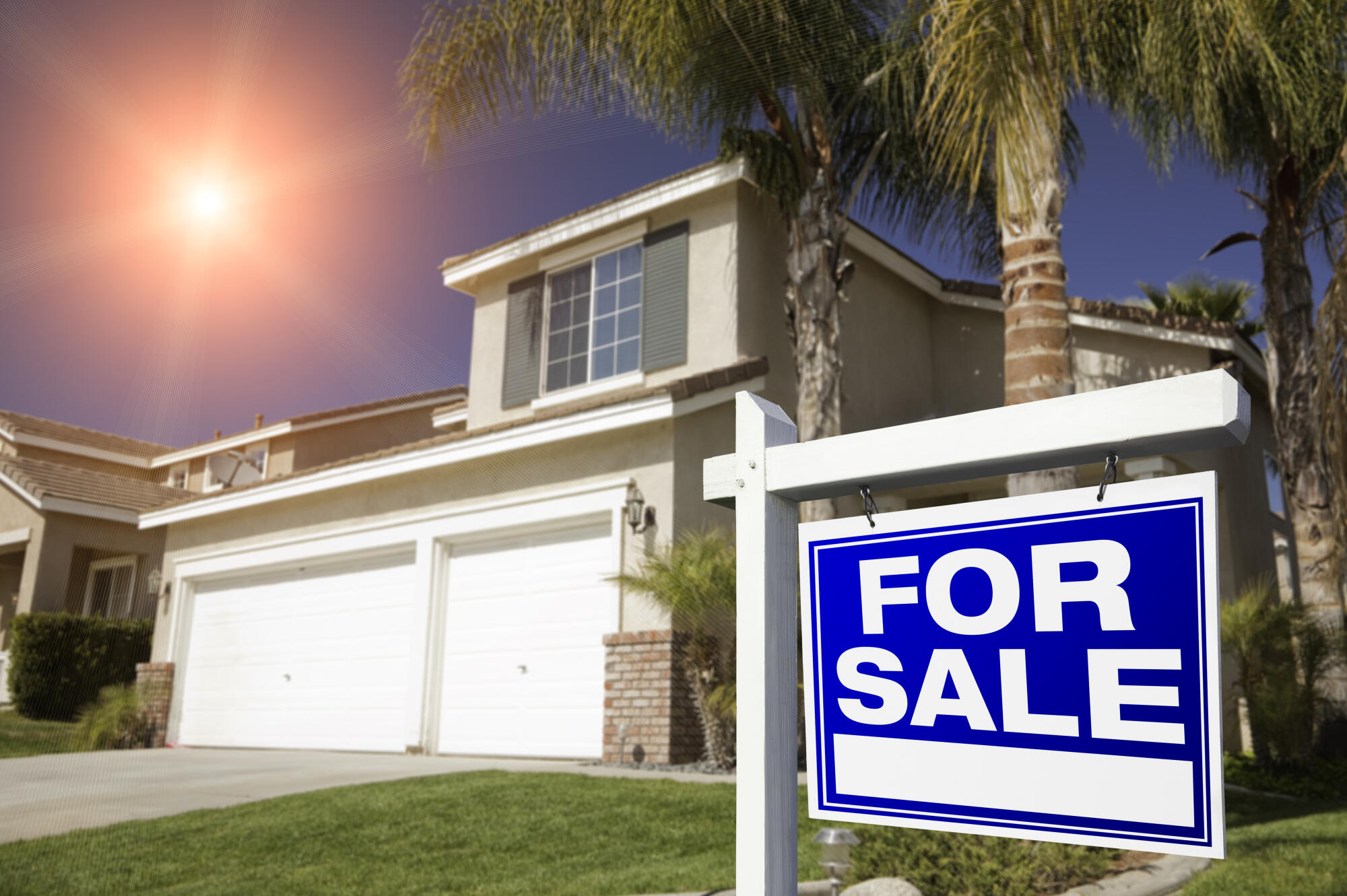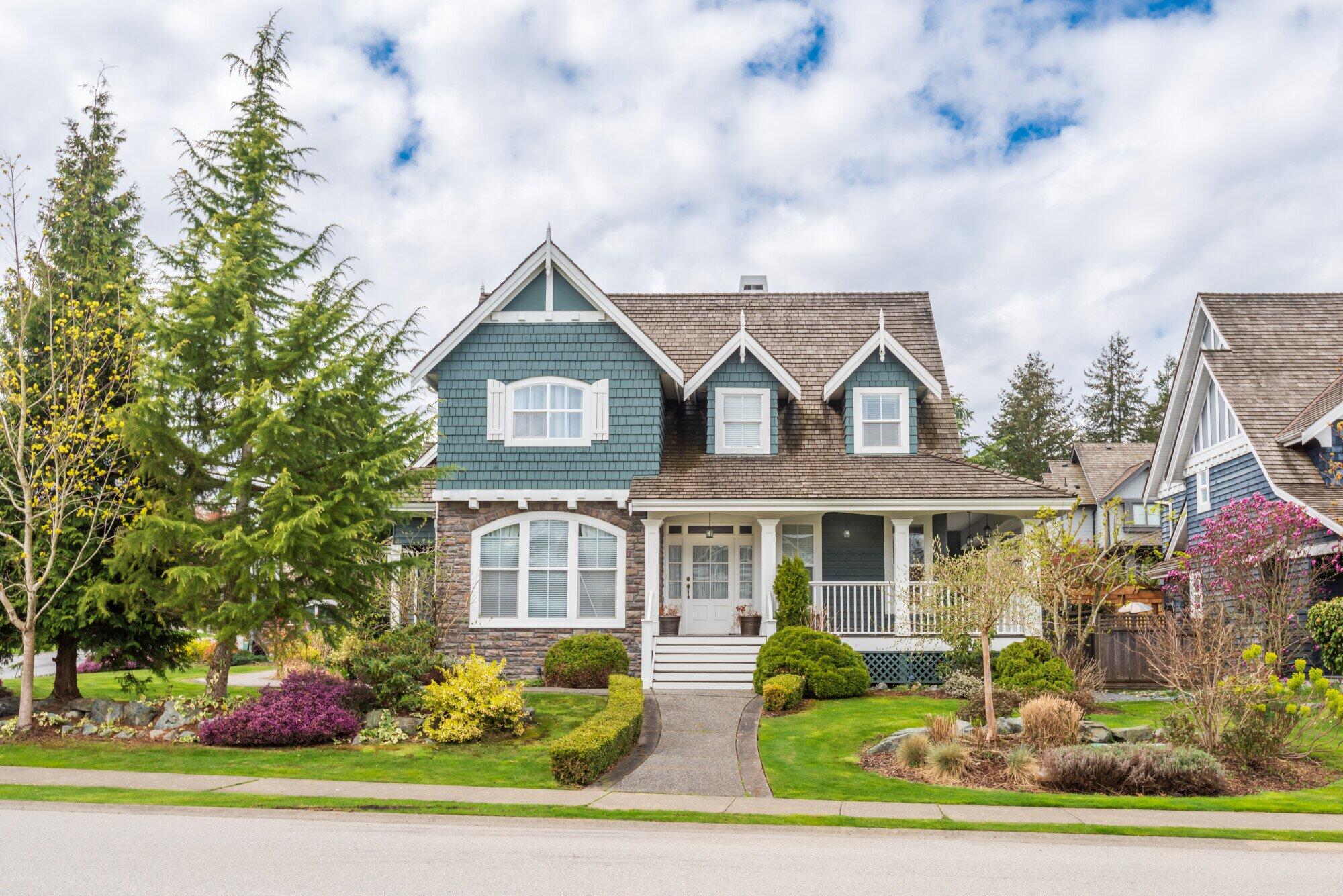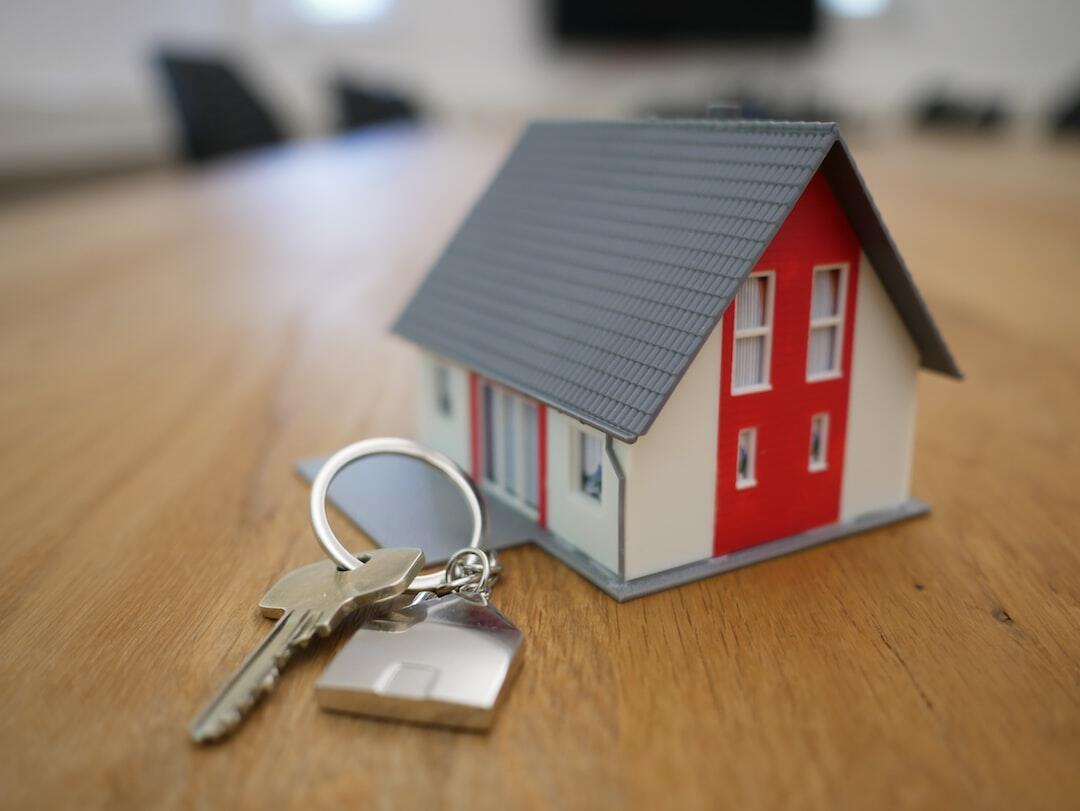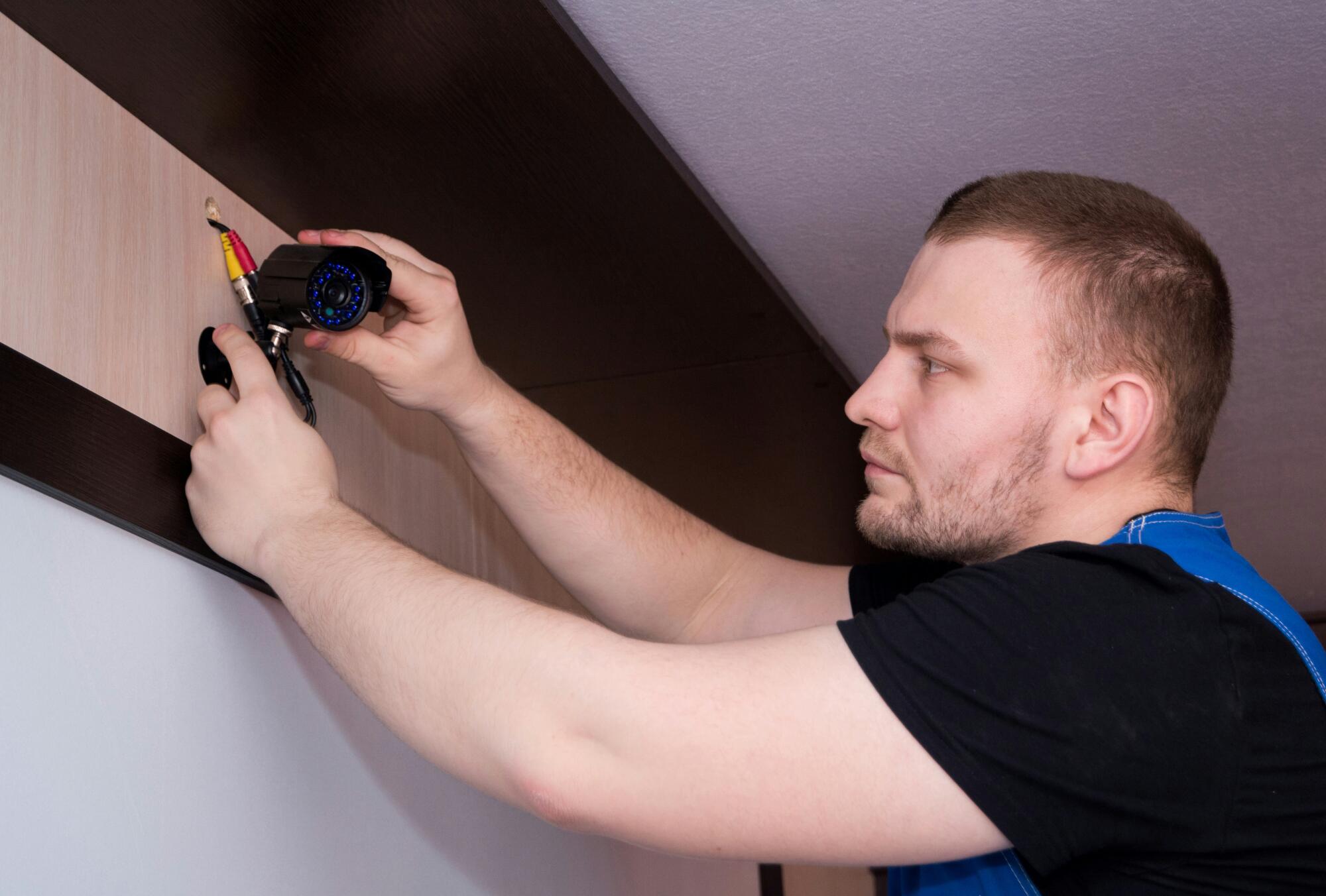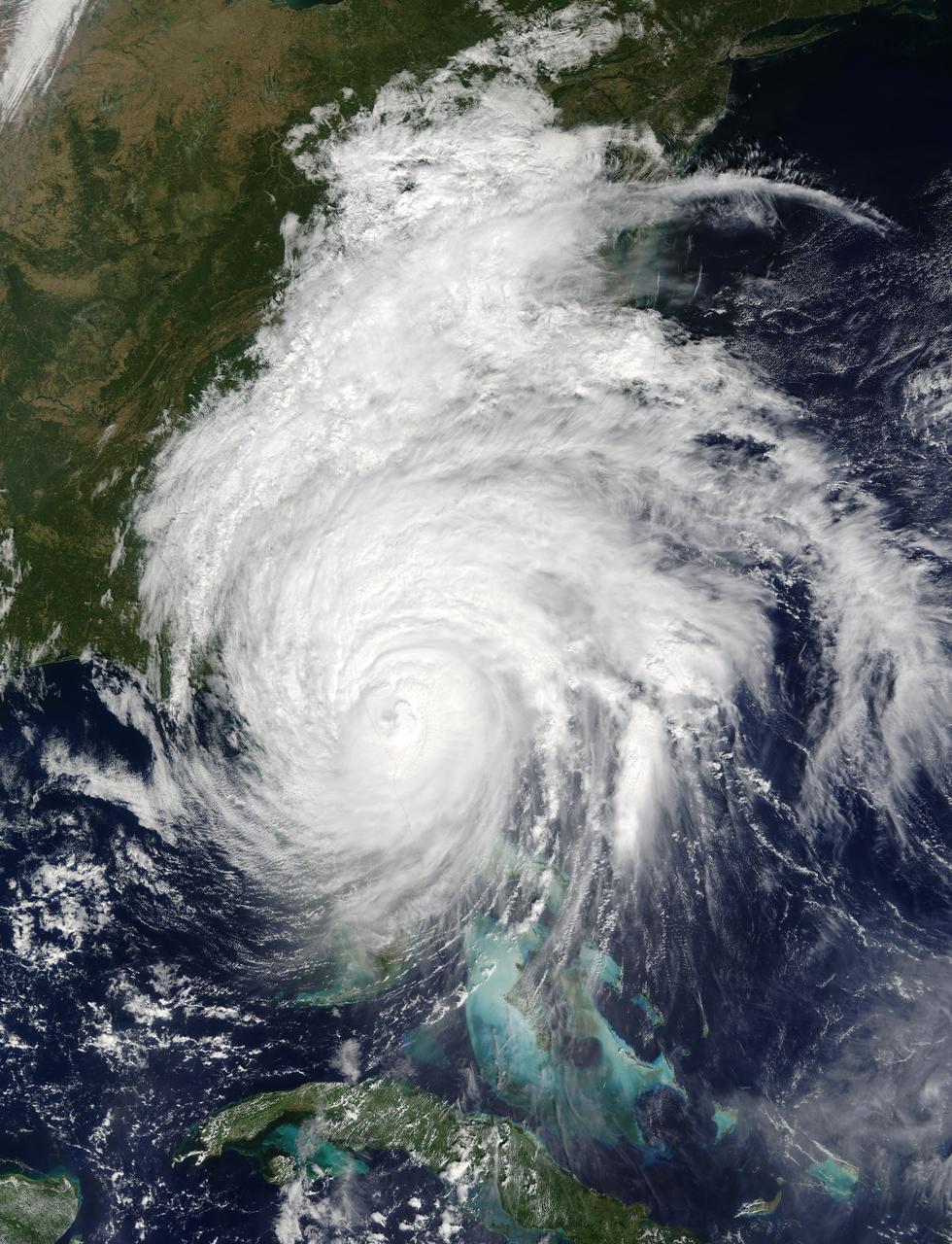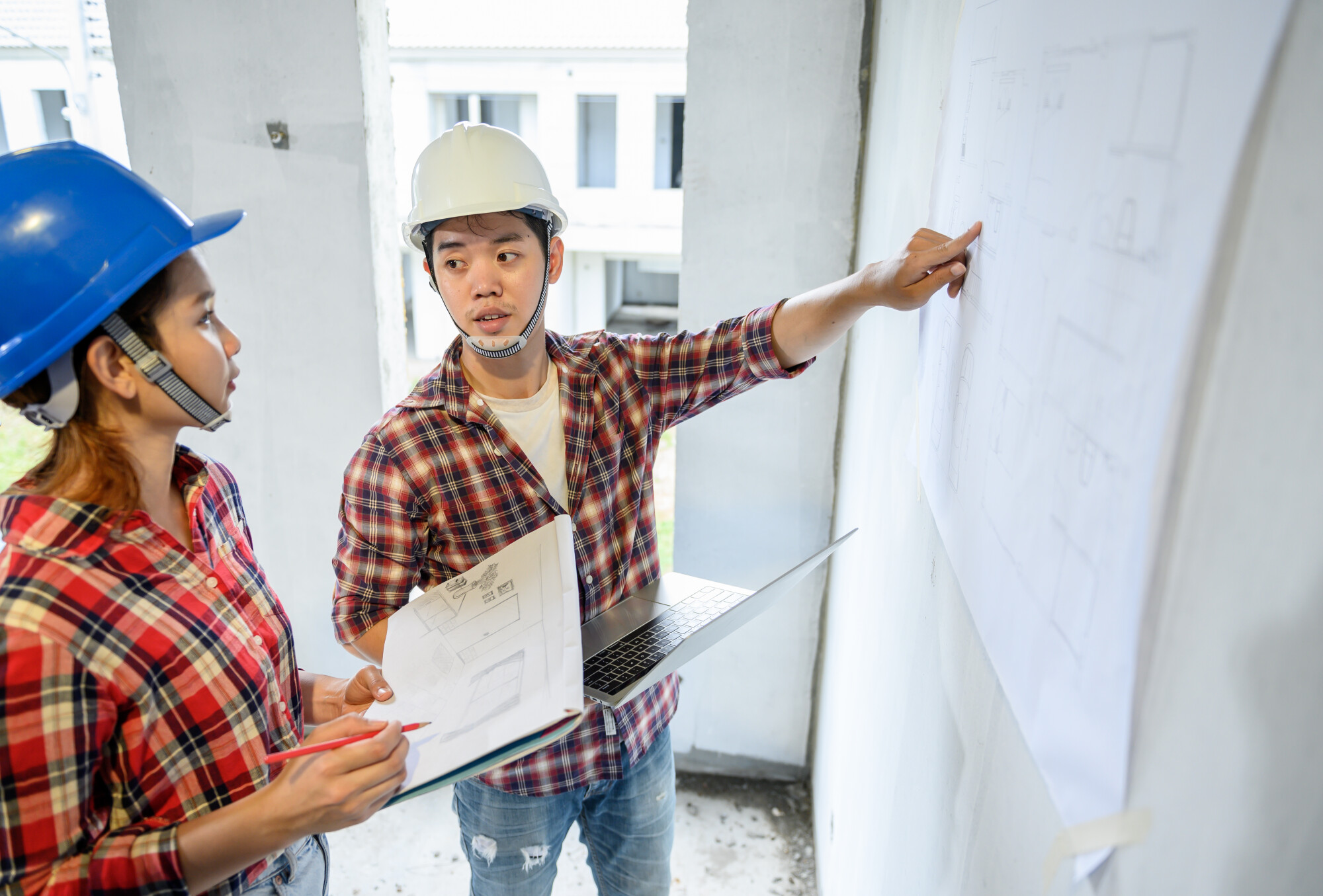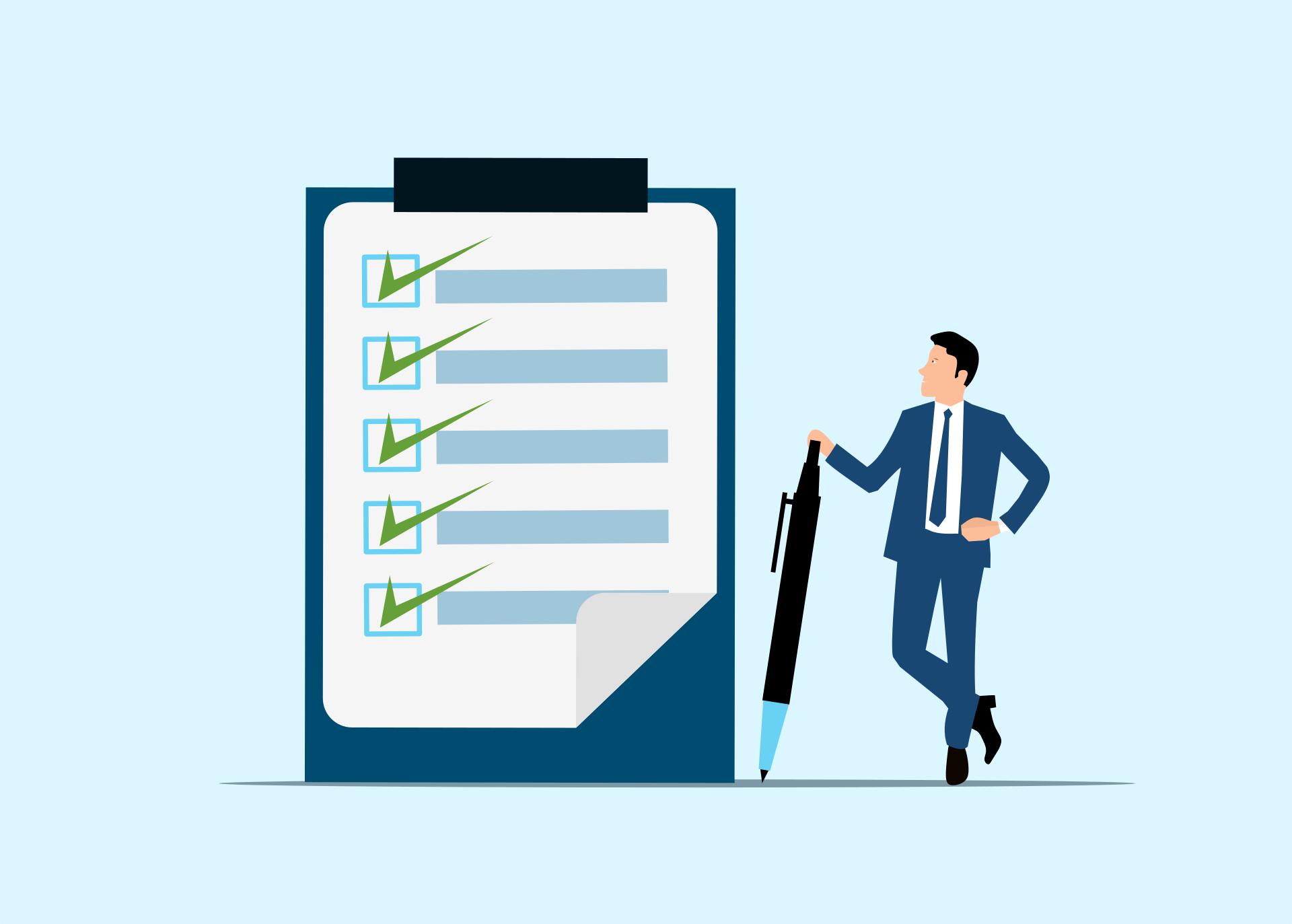Preparing for a PCA inspectioninvolves ensuring that your property is accessible, well-documented, and in good working order. Inspectors evaluate everything from roofing and structure to plumbing, electrical, and safety systems. With the right preparation, you can reduce delays, avoid costly surprises, and strengthen confidence in the property assessment process.
Have you ever worried about hidden issues that could lower your property’s value or slow down a sale? A PCA inspection is designed to bring those problems to light before they turn into expensive setbacks.
This type of review not only facilitates a transaction but also supports long-term property management. Today, we’re taking a closer look at how to prepare for a PCA inspection, what inspectors focus on, and how using a PCA inspection checklist helps protect your investment.
What Does PCA Inspection Mean?
A PCA inspection looks at the overall health of a property. Inspectors review key systems such as:
- Roofing
- Plumbing
- Electrical
- HVAC
They also check the structure and site conditions. The findings are compiled into a formal report that highlights current and potential issues.
How It Differs From a Home Inspection
A home inspection usually focuses on single-family homes. A PCA inspection is broader and often applies to commercial building evaluation.
It emphasizes:
- Long-term maintenance
- Repair costs
- Compliance with building codes
This gives stakeholders a bigger picture of future expenses.
Why It Matters for Investors and Owners
For investors, a PCA inspection helps gauge risk before closing a deal. For owners, it provides insight into needed repairs and helps protect the property’s value. This process is key to detecting property issues that might impact safety or reduce market appeal.
PCA Inspection Checklist: What Inspectors Look For
A PCA inspection checklist is the guide inspectors use to review a property during the property assessment process. It covers both the structure and the systems that keep a building safe and functional. This list gives inspectors a framework to detect property issues and provide a clear report for buyers, lenders, or owners.
The checklist highlights several important areas:
- Roofing and structural stability
- Plumbing, electrical, and HVAC systems
- Safety and code compliance
- Documentation and maintenance records
Roofing and Structural Stability
Inspectors begin with the roof and building frame since they form the backbone of a property. They look for leaks, cracks, or signs of shifting that might signal deeper structural damage. A strong structure supports long-term performance and lowers the chance of unexpected repairs.
Plumbing, Electrical, and HVAC Systems
The PCA inspection checklist also reviews internal systems. Plumbing is checked for leaks or outdated pipes, while electrical systems are tested for safety and capacity.
HVAC equipment is inspected to confirm heating and cooling performance. These systems have a direct effect on operating costs and tenant satisfaction.
Safety and Code Compliance
Inspectors look for issues that may create safety risks or violate building codes. It includes:
- Fire safety equipment
- Accessibility features
- Emergency exits
For commercial building evaluation, this part of the inspection carries added weight since it impacts both liability and daily operations.
Documentation and Maintenance Records
Beyond the physical property, inspectors ask for records of repairs, upgrades, and warranties. These documents help confirm the building’s history of care. Having them ready gives investors confidence and shows commitment to long-term upkeep.
How much does a Property Condition Assessment cost?
The cost of a Property Condition Assessment can vary widely depending on the size, type, and complexity of the property. For a smaller commercial building, the price often falls between $1,250 and $2,500.
Larger facilities, such as multi-story offices or industrial properties, may reach $5,000 to $10,000 or more. In rare cases, extensive sites with multiple structures or specialized systems can cost well above that range.
Some inspectors base their pricing on square footage, with averages ranging from $2 to $3 per square foot. For example, a 10,000-square-foot building could cost around $20,000 to assess if priced this way. While these square-foot models are less common, they highlight how scale directly influences the final fee.
The cost covers more than just the on-site inspection. Inspectors spend time reviewing maintenance records, checking code compliance, and preparing a detailed report that outlines current conditions and potential repairs.
For buyers, lenders, and property owners, this cost is often viewed as an investment. Spending a few thousand dollars on a PCA inspection can prevent unexpected repair bills that run into the tens or hundreds of thousands. In the context of a major real estate transaction, the fee often pays for itself.
Frequently Asked Questions
How long does a PCA inspection usually take?
The length of a PCA inspection depends on the size and complexity of the property. A smaller building might take just a few hours, while larger commercial sites often require a full day or more.
The process doesn’t stop with the walk-through. Inspectors also spend time reviewing documents and preparing a report, which can add several days before the final findings are delivered.
Who pays for a PCA inspection?
The cost of a PCA inspection is most often covered by the buyer or investor. Since the inspection is part of the due diligence process, it’s usually in their best interest to pay for it. In some cases, lenders may require the inspection, which means the expense could be tied directly to financing.
Can a PCA inspection uncover hidden environmental issues?
A PCA inspection may highlight signs of environmental problems such as mold, asbestos, or water damage. Inspectors look for visible clues that suggest deeper concerns. While they may not perform full environmental testing, their report often recommends specialized assessments if they see risks worth investigating further.
Commercial Building Evaluation
A PCA inspection gives buyers, lenders, and owners a clear view of a property’s condition. Preparing in advance reduces delays, supports better financial outcomes, and protects long-term value.
At Central Florida Building Inspectors, we’ve proudly served the community since 1988 as a family-owned business. Each year, we perform thousands of residential, commercial, and industrial inspections with a focus on accuracy, detail, and customer care.
When you call us, you’ll always reach a knowledgeable staff member or certified inspector. Our goal is to leave every client informed, confident, and assured about their property’s condition before making important decisions.
Get in touch today to find out how we can help with your next inspection!
